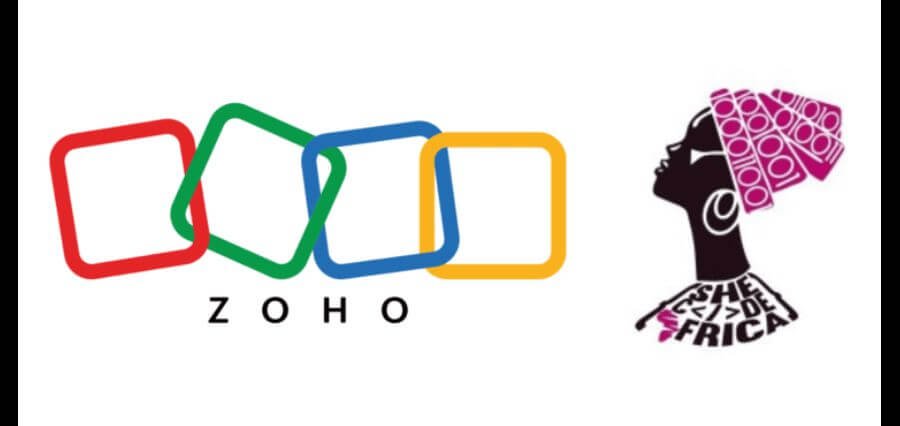In contemporary society, ambition is often heralded as a hallmark of success and leadership. Yet, this term is frequently clouded by gendered perceptions that skew its interpretation and application, especially towards women. Traditionally, ambition has been framed in a way that aligns with assertive, often aggressive, male-oriented behaviors.
It’s high time we redefine our understanding of ambition to foster a more inclusive environment that celebrates and promotes women leadership.
The Gendered Lens of Ambition
Historically, ambition in men is viewed positively – as a sign of strength, drive, and capability. Conversely, women who exhibit similar traits are often labeled as overly aggressive, unfeminine, or even threatening. This double standard not only undermines women’s potential but also perpetuates stereotypes that hinder their progress in leadership roles.
A comprehensive redefinition of ambition must recognize and value diverse expressions of leadership. Women often bring unique perspectives and skills to the table that are equally valuable but are frequently undervalued because they do not conform to traditional, male-centric views of ambition.
Celebrating Different Leadership Styles
Effective leadership is not a one-size-fits-all concept. Women often excel in leadership roles through collaborative, empathetic, and inclusive approaches. These qualities, however, are often overlooked in favor of more traditionally ‘ambitious’ traits like dominance and competitiveness.
For instance, research shows that women leaders tend to prioritize team cohesion and employee well-being, which can lead to higher employee satisfaction and productivity. Moreover, organizations with gender-diverse leadership teams often perform better financially. Therefore, redefining ambition to include these attributes not only supports women leaders but also benefits organizations as a whole.
Redefining Success and Ambition
To redefine ambition, we must also broaden our definition of success. Success should not be measured solely by titles, salaries, or the ability to outshine others. Instead, it should encompass the capacity to inspire, to foster innovation through collaboration, and to create sustainable, positive change within organizations.
Women leaders like Jacinda Ardern, former Prime Minister of New Zealand, exemplify this redefined ambition. Her leadership during crises, marked by empathy and decisiveness, demonstrates that ambition can be compassionate and community-focused rather than self-centered and aggressive.
Encouraging Ambition in Young Women
Changing the narrative around ambition also means nurturing it from a young age. Girls should be encouraged to pursue their passions and assert their ambitions without fear of being labeled negatively. This involves creating educational environments that celebrate diverse talents and leadership styles, and providing role models who exemplify varied forms of ambition.
Mentorship programs can play a crucial role in this transformation. Women leaders mentoring the next generation can help dismantle the stereotypes and provide young women with the confidence and tools they need to succeed. By highlighting stories of women who have navigated and redefined ambition, we can inspire others to follow suit.
Organizational Responsibility
Organizations have a pivotal role in this redefinition process. They must actively work to dismantle the biases that perpetuate gendered notions of ambition. This includes implementing policies that support work-life balance, promoting women into leadership roles, and fostering an inclusive culture that values diverse leadership styles.
Leadership training programs should be restructured to incorporate these new definitions of ambition, emphasizing emotional intelligence, empathy, and collaborative skills as core competencies for effective leadership.
Cultural Shifts and Media Representation
A critical component in redefining ambition involves shifting cultural perceptions and media representation. The media plays a powerful role in shaping societal norms and attitudes. Promoting stories of women leaders who embody diverse forms of ambition can help challenge stereotypes. Highlighting success stories of women who lead with empathy, collaboration, and resilience can provide new role models for aspiring women leaders.
Intersectionality in Leadership
Recognizing the intersectionality of gender with other identities, such as race, socioeconomic status, and sexual orientation, is essential in redefining ambition. Women of diverse backgrounds face unique challenges and bring distinct perspectives that can enrich leadership practices. Encouraging and supporting intersectional leadership can lead to more inclusive and innovative organizational cultures.
Addressing Implicit Bias
Implicit biases often undermine women’s ambitions and their advancement into leadership roles. Organizations need to implement bias training and create mechanisms for identifying and addressing these biases in hiring, promotions, and evaluations. By fostering awareness and actively combating bias, organizations can create a more equitable environment that values diverse expressions of ambition.
Flexible Work Environments
Providing flexible work environments is crucial for supporting women’s ambitions, particularly for those balancing career and family responsibilities. Flexible schedules, remote work options, and supportive parental leave policies can enable women to pursue leadership roles without having to sacrifice personal commitments. This approach acknowledges that ambition can be expressed through both professional achievements and personal fulfillment.
Continuous Learning and Adaptation
Redefining ambition is an ongoing process that requires continuous learning and adaptation. Organizations and individuals must remain open to evolving definitions of leadership and ambition, ensuring that these concepts reflect the diverse and dynamic nature of today’s workforce. Regular feedback, open dialogue, and a commitment to inclusivity are essential for sustaining this progress.






